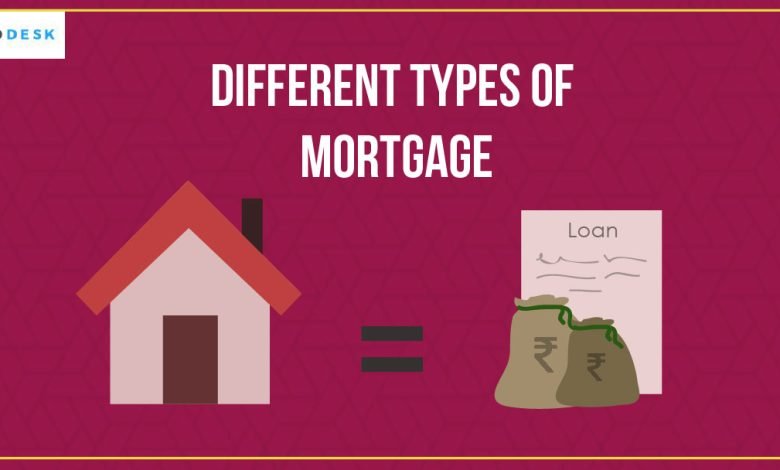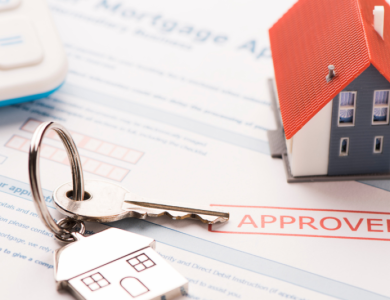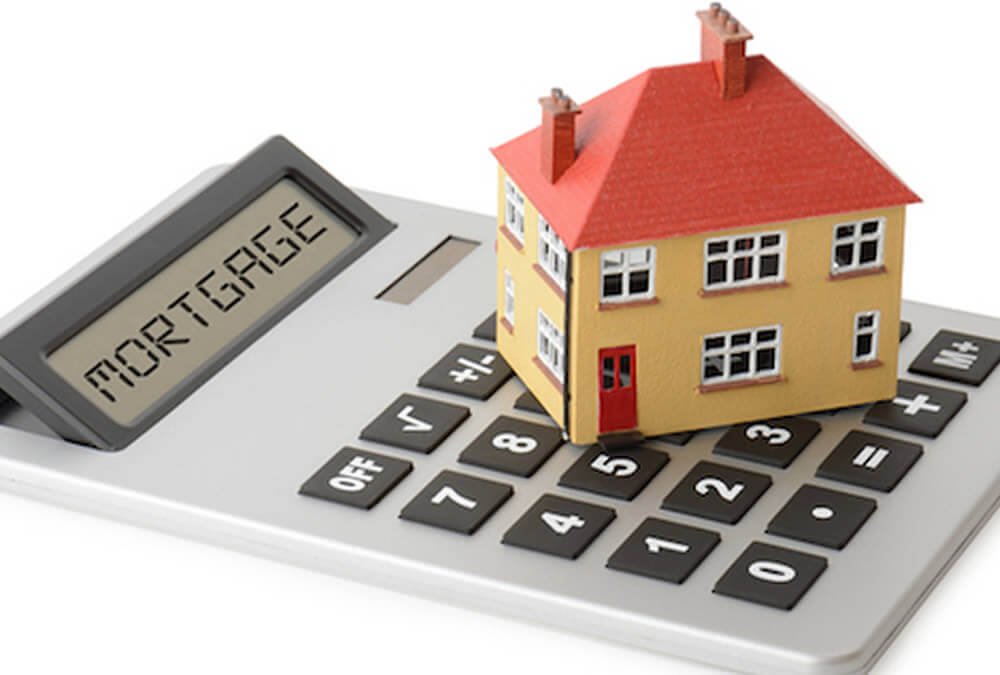Exploring the Variety: A Guide to Different Types of Mortgage Loans

When it comes to financing your dream home, the world of mortgage loans offers a diverse range of options to suit your unique financial situation and preferences. From fixed-rate mortgages to adjustable-rate ones, each type of mortgage loan has its own set of advantages and considerations. In this comprehensive guide, we will delve into the variety of mortgage loans available, helping you understand their features, benefits, and potential drawbacks. Whether you’re a first-time homebuyer or considering refinancing, this guide will empower you to make an informed decision about the type of mortgage loan that aligns best with your homeownership goals.
Fixed-Rate Mortgage Loans
A fixed-rate mortgage is one of the most common and straightforward types of home loans. With a fixed-rate mortgage, your interest rate remains constant throughout the entire loan term, whether it’s 15, 20, or 30 years. This stability provides predictability in your monthly payments, making it easier to budget over the long term. Fixed-rate mortgages are ideal if you value consistency and plan to stay in your home for a significant period.
Adjustable-Rate Mortgage Loans (ARMs)
An adjustable-rate mortgage, or ARM, offers an interest rate that starts off fixed for a specific period, usually 3, 5, 7, or 10 years. After this initial period, the interest rate adjusts periodically based on prevailing market conditions. ARMs tend to have lower initial interest rates than fixed-rate mortgages, making them attractive to those planning to stay in their homes for a shorter period or anticipating changes in their financial situation. However, the potential for rate fluctuations means that your monthly payments could increase in the future.
FHA Loans
FHA loans, insured by the Federal Housing Administration, are designed to assist individuals with lower credit scores and limited down payment funds in achieving homeownership. FHA loans offer lower down payment requirements compared to conventional loans, making them accessible to a broader range of homebuyers. Keep in mind that FHA loans require mortgage insurance premiums, which can increase your monthly payments.
VA Loans
If you’re an eligible veteran,
active-duty service member, or a certain member of the National Guard or Reserves, you may qualify for a VA loan backed by the U.S. Department of Veterans Affairs. VA loans often come with favorable terms, including zero down payment requirements and no private mortgage insurance. These loans recognize and honor your service by providing accessible and affordable home financing options.
USDA Loans
The U.S. Department of Agriculture offers USDA loans to individuals in eligible rural and suburban areas. These loans are designed to promote rural development and homeownership. USDA loans may require no down payment and offer competitive interest rates. However, they come with income limits and property location restrictions.
Jumbo Loans
Jumbo loans are used for high-value homes that exceed the conforming loan limits set by government-sponsored enterprises like Fannie Mae and Freddie Mac. Jumbo loans typically have stricter credit requirements and may require a higher down payment. Interest rates for jumbo loans may also be higher due to the increased risk associated with larger loan amounts.
Interest-Only Loans
Interest-only loans allow you to pay only the interest on the loan for a specific period, usually 5 to 10 years. After the interest-only period, you begin paying both principal and interest. These loans can provide lower initial payments, but they come with the risk of larger payments once the interest-only period ends.
Choosing the Right Mortgage Loan for You
- Evaluate Your Financial Situation: Consider your current financial health, income stability, and long-term financial goals.
- Assess Your Risk Tolerance: Determine whether you are comfortable with potential fluctuations in interest rates or if you prefer the stability of a fixed-rate mortgage.
- Plan for the Future: Consider how long you plan to stay in your home. If you’re likely to move within a few years, an ARM could be suitable. If you’re looking for long-term stability, a fixed-rate mortgage might be more appropriate.
- Understand Your Down Payment Ability: Review your down payment funds and assess which loan types align with your budget.
- Check Eligibility: Research the eligibility criteria for specialized loan options such as FHA, VA, and USDA loans.
- Shop and Compare: Obtain quotes from different lenders to compare interest rates, closing costs, and loan terms.
Conclusion
As you embark on your homeownership journey, it’s essential to explore the variety of mortgage loan options available to find the one that suits your financial needs and long-term goals. Each type of mortgage loan comes with its own set of advantages and considerations, and by understanding these differences, you can make an informed decision that aligns with your budget, risk tolerance, and future plans. Whether you prioritize stability, flexibility, or affordability, the diverse world of mortgage loans offers a solution tailored to your unique situation, ensuring that you’re well-equipped to turn your dream of owning a home into a reality.



